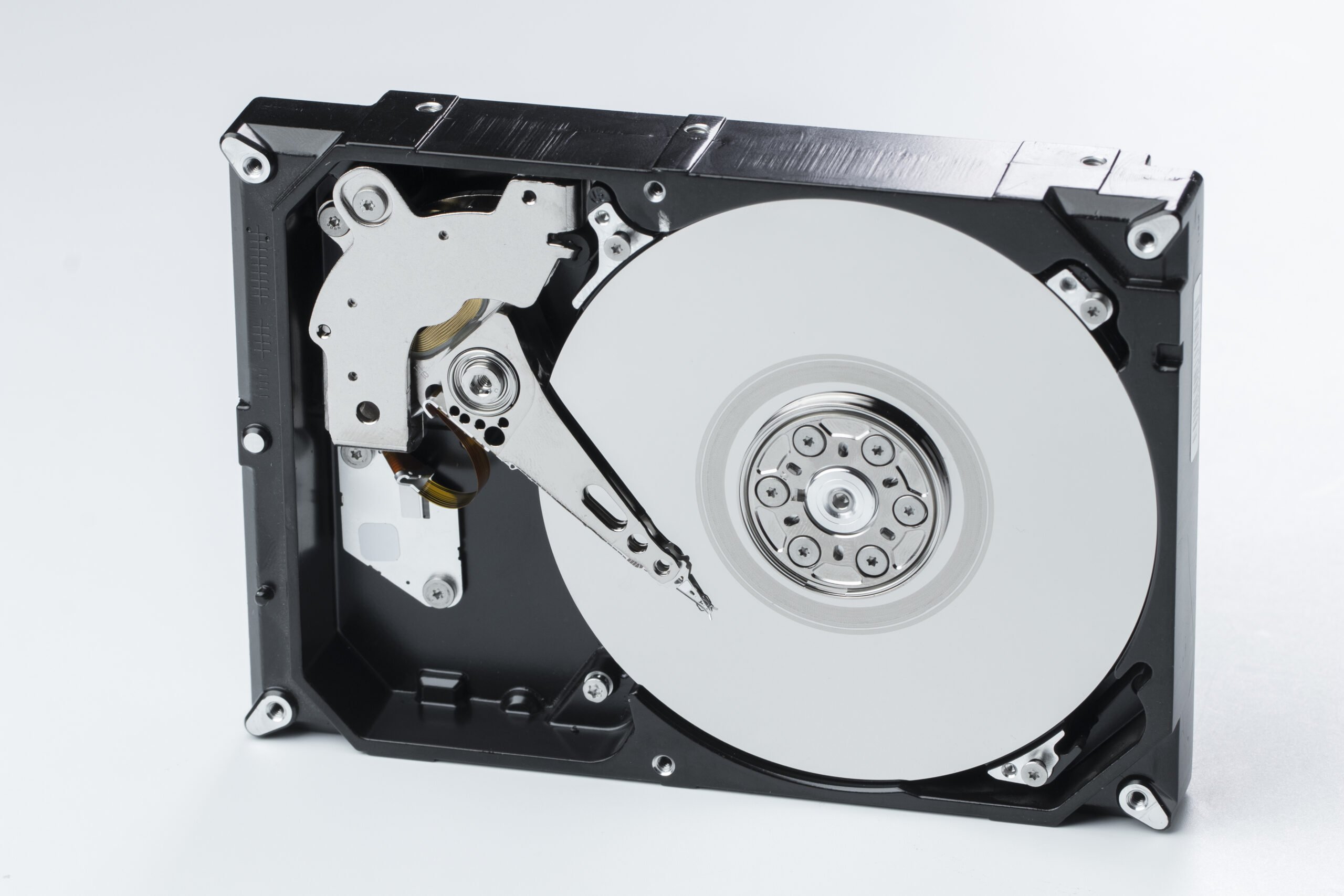In the world of digital storage, hard disks play a crucial role in keeping your data safe, accessible, and organized. Whether you’re a casual user, gamer, creative professional, or office worker, choosing the right type of hard disk—internal or external—is essential for performance, portability, and peace of mind. But what exactly are the differences between external and internal hard disks? And which one is right for you?
Let’s break it down.
🔧 What Is an Internal Hard Disk?
An internal hard disk is a storage device installed inside your desktop or laptop computer. It serves as the primary storage unit, where your operating system (like Windows or macOS), applications, files, and personal data are stored.
🔑 Key Features:
- Installed inside the computer case
- Usually faster (especially with SATA or NVMe interfaces)
- Not portable
- Can store the operating system
- Ideal for everyday computing, gaming, and professional tasks
💼 What Is an External Hard Disk?
An external hard disk is a portable storage device that connects to a computer via USB, Thunderbolt, or other ports. It is commonly used for backups, file transfers, and additional storage without opening your computer.
🔑 Key Features:
- Portable and plug-and-play
- Can be used with multiple devices (PC, Mac, smart TVs, consoles)
- Perfect for backup, media storage, and file sharing
- Slower than internal drives (in most cases)
- Often comes in pre-formatted condition for ease of use
⚔️ Internal vs External Hard Disk: Head-to-Head Comparison
| Feature | Internal Hard Disk | External Hard Disk |
|---|---|---|
| Installation | Installed inside system | Plug and play via USB/port |
| Portability | Not portable | Highly portable |
| Speed | Generally faster (especially SSD) | Slightly slower due to interface |
| Power Source | Powered by system PSU | USB-powered or separate adapter |
| Usage | OS & primary storage | Backup & extra storage |
| Price | Generally cheaper per GB | Slightly more expensive per GB |
🧠 When to Use Which?
✅ Choose Internal Hard Disk If:
- You’re building or upgrading a PC or laptop
- Do you want faster performance for gaming or work
- You don’t need to move data between devices frequently
✅ Choose External Hard Disk If:
- You need to back up important files
- You travel or transfer data often
- You want an easy, no-installation solution
🛡️ Can You Use Both Together?
Absolutely! Many professionals use an internal hard disk for everyday use and keep an external hard disk for backup, archiving, or carrying files on the go. This setup offers speed, security, and flexibility—the best of both worlds.
✅ Conclusion
Both internal and external hard disks serve specific needs. Internal hard disks are best for consistent, fast performance within a single system, while external hard disks shine when you need portability and convenience.
Before choosing, assess your storage needs, usage habits, and budget. And remember—no matter what you choose, always keep backups of your important data. After all, data is priceless.
